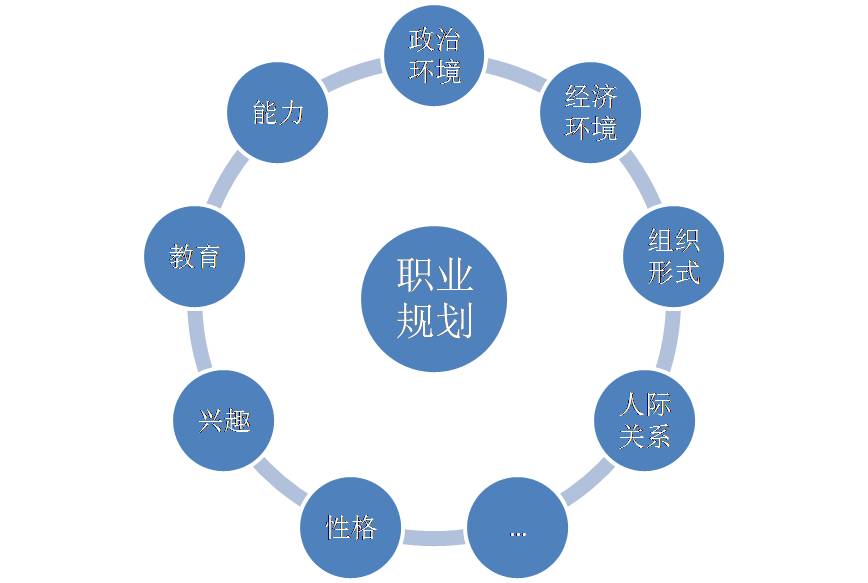In recent years, it has become increasingly popular for young people to read e-books online. Some argue that e-books will eventually replace traditional books. In my opinion, while e-books have their benefits, they cannot fully replace the unique experience of reading a physical book.
Firstly, reading a physical book allows for a different sensory experience. The feel of the pages, the sound of turning them, and even the smell of ink and paper can contribute to the overall enjoyment of the reading experience. E-books, on the other hand, lack this tactile aspect and can sometimes feel impersonal.
Secondly, many people enjoy the act of physically carrying a book and being able to access it at any time without the need for technology. E-books require electronic devices and internet access, which can be inconvenient or costly in some cases. Additionally, some people simply prefer the aesthetic of having a physical book on their shelf rather than an electronic device.
Furthermore, studies have shown that reading physical books can improve focus and comprehension compared to reading from electronic screens. The tactile nature of holding a book can also help readers better retain information and stay engaged with the content.
Of course, e-books do offer certain advantages over traditional books, such as being more environmentally friendly due to their digital format and the ability to store thousands of books in one device. However, these benefits should not outweigh the unique experiences that physical books provide.
In conclusion, while e-books may have their place in modern society, I believe they cannot fully replace the joy and value of reading a physical book. Both formats have their strengths and weaknesses, and ultimately it comes down to personal preference.
Firstly, reading a physical book allows for a different sensory experience. The feel of the pages, the sound of turning them, and even the smell of ink and paper can contribute to the overall enjoyment of the reading experience. E-books, on the other hand, lack this tactile aspect and can sometimes feel impersonal.
Secondly, many people enjoy the act of physically carrying a book and being able to access it at any time without the need for technology. E-books require electronic devices and internet access, which can be inconvenient or costly in some cases. Additionally, some people simply prefer the aesthetic of having a physical book on their shelf rather than an electronic device.
Furthermore, studies have shown that reading physical books can improve focus and comprehension compared to reading from electronic screens. The tactile nature of holding a book can also help readers better retain information and stay engaged with the content.
Of course, e-books do offer certain advantages over traditional books, such as being more environmentally friendly due to their digital format and the ability to store thousands of books in one device. However, these benefits should not outweigh the unique experiences that physical books provide.
In conclusion, while e-books may have their place in modern society, I believe they cannot fully replace the joy and value of reading a physical book. Both formats have their strengths and weaknesses, and ultimately it comes down to personal preference.
上一篇:医生价值观、兴趣的满足
下一篇:1+1等于几




